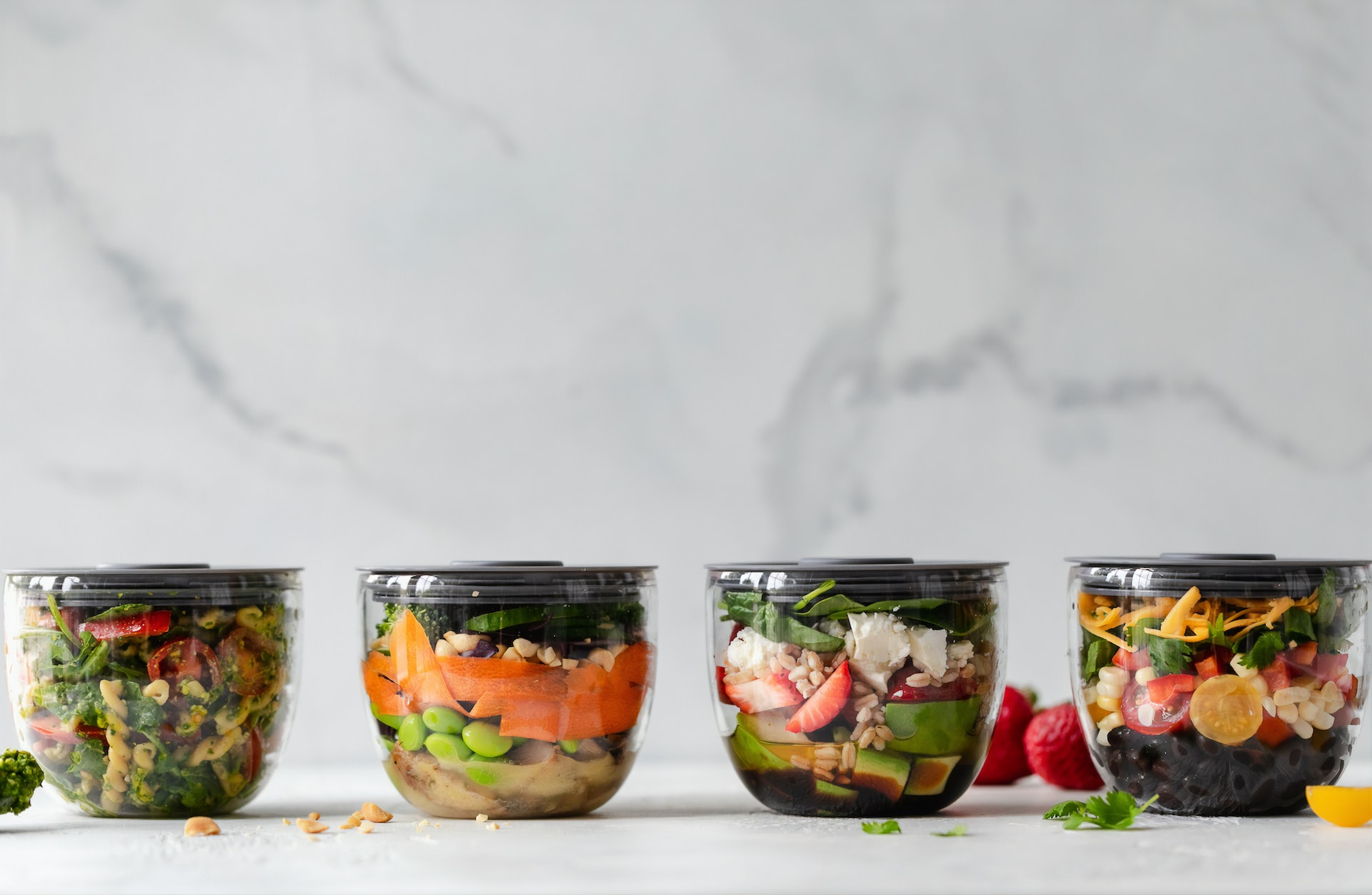Air-tight containers are superior to their non-airtight counterparts because they prevent air from spoiling your food, in addition to protecting it from pests and other contaminants.
How, nevertheless, do sealed containers maintain their freshness? To prevent the clumping of flour, the sogginess of cookies, and the rancidity of oils, airtight food containers are essential. Their covers are equipped with a sealing system, often comprised of rubber or silicone.
Once the packaging has been opened or the food has been cooked, it is best to store it in an airtight container to prevent spoilage. Some goods also need to be kept in sealed containers to preserve their quality.
How Can Airtight Containers Maintain Food Quality?
Keep fresh by storing it in an airtight container.
Sealing the container keeps out air and moisture while sealing in the moisture your food needs to stay fresh.
Consider the cookie. To keep your crisp cookies crisp for several days, you should keep them in an airtight container or bag so they don’t go soggy from condensation. On the other side, you wouldn’t want soft cookies to dry out and become brittle, so keep them moist!
There is no need to worry about any air escaping or entering, therefore airtight food containers would be ideal for this purpose.
Dried ingredients like powdered milk and brown sugar are another fantastic illustration because they retain their original flavour and freshness for an extended period of time after being stored. If you store these materials in airtight containers, they won’t get clumpy from moisture absorption or mould contamination.
Reducing oxidation by storing food in sealed containers
Airtight containers also reduce the rate at which food spoils by keeping out oxygen. When food is exposed to air, it begins to oxidise.
Oxidation is a process that leads to a cascade of chemical reactions that degrades the quality of your food and eliminates nutrients. The attributes of your meal, such as flavour, colour, and aroma, would alter when exposed to air.
The easiest way to avoid these undesirable outcomes is to store your food in airtight containers, as this will prevent oxidation from occurring.
Moreover, since oxidation is the cause of rancidity in oily and fatty foods, storing them in airtight containers is helpful in preventing rancidity.

Keeping packaging from breaking
One unexpected benefit of an airtight food container is that it can delay the degradation of some types of packaging. The dampness that destroys paper and rusts metal is what this product blocks out.
However, although airtight containers seem pretty amazing in terms of extending the freshness of your food, not all foods are ideal for storage in an airtight container.
Avoid freezer burn
Too much air exposure produces sublimation, a process involving the direct transformation of ice into water vapour. This modification leads to freezer burn.
Although freezer burn does not render food unsafe to eat, it does damage the flavour of the food by making it seem greyish, full of ice crystals, and taste awful.
Consequently, the key to preventing freezer burn is to keep your food with as little air as possible, which you can do by using an airtight container or plastic bag that preserves your food securely without allowing outside air to enter.


Leave A Comment